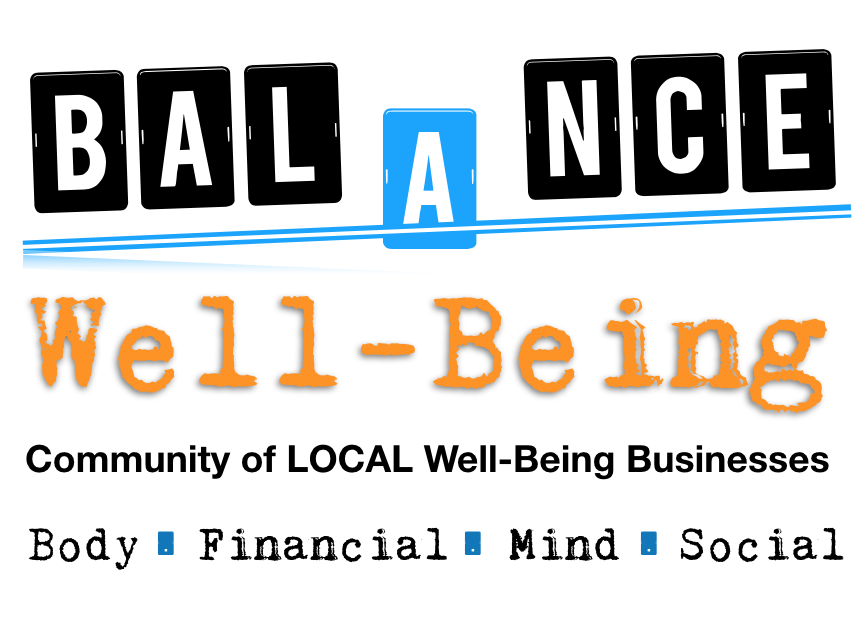 From the moment we are born, we suffer from attachment. We are born into hunger and a yearning for a comforting touch. As infants, we cry when we feel discomfort, helpless and hoping someone will come to our rescue. As toddlers, we wail or have tantrums when things aren’t going our way, or we’re just too tired and overwhelmed to process what’s happening around us.
From the moment we are born, we suffer from attachment. We are born into hunger and a yearning for a comforting touch. As infants, we cry when we feel discomfort, helpless and hoping someone will come to our rescue. As toddlers, we wail or have tantrums when things aren’t going our way, or we’re just too tired and overwhelmed to process what’s happening around us.
This basic instinct to claw toward our comfort zone informs our adult experiences as well. We feel anger, resentment, fear and grief when we experience loss, disappointment, or deprivation of the things we desire or feel we need.
When we are suffering, it seems counterintuitive to sit still and sink more deeply into those uncomfortable feelings, yet therein we find the crucible that contains the fire to transform our angst into acceptance and ultimate joy.
In recent years, we in modern society have experienced deprivation unlike any we had known before, and at a time when many of us had become used to everything we needed being on tap. We live in a world of instant gratification. Food can be prepared with the push of a button, entertainment and connection with others sit in the palm of our hands, and, until recently, travel and the acquirement of goods operated with relative ease and speed.
Isolation, health mandates, disruption of the supply chain, and unprecedented issues with travel are just some of the ways that ongoing, persistent pressure is being applied to our normal coping mechanisms. We adapt or we react, depending on our personalities and belief systems. Evidence of this intense pressure is evident in extreme behaviour resulting from the expectation that we take relatively simple actions to socially distance and wear masks for the protection of the vulnerable in our society. Frustration has translated into fist fights with store owners, and skirmishes on public transit. Humans are at a tipping point just as much as our environment is. Will we find our way through our destructive thought patterns to a place of peace, or will we succumb to our most basic instincts to rail against discomfort?
What if we turn toward our troubling emotions? What if we sit into the fire of our powerful, overwhelming feelings and use them as fuel for our awakening, trusting that this is all part of the grander scheme of things? A worldwide evolutionary process accelerating the development of humankind’s higher consciousness?
When we think of raising our awareness, it’s easy to envision some retreat in a forest or by the ocean, where we quietly and peacefully attain Nirvana. I don’t think that’s really how it works – not for those of us who have spent most of our lives seeking creature comforts. I suspect we need a daunting situation from which we cannot escape, in order to bring our recalcitrant spirits into tow.
Tibetan Buddhists often travel many miles, prostrating themselves as part of their spiritual practice. They undergo a great deal of hardship and deprivation in order to find peace within themselves. This is a normal and accepted aspect of their society. In my travels to Tibet, I witnessed incredible warmth, kindness, and a peaceful joy emanating from the Tibetans I met, despite their being under Chinese control since the 1950s, having suffered greatly under their regime. Their property has been stolen, monasteries looted and desecrated, and horrible atrocities imposed on the monks, nuns, and laypeople. Yet, they continue to turn inward for their sense of peace, which is not destroyed by circumstance.
Our modern world isn’t set up for spiritual enlightenment, and most of us wouldn’t seek it out through such challenging practices as prostration or sitting in a cave in the Himalayas for years. So, it seems that the opportunity for awakening is being visited upon us through different circumstances, which require that we develop our patience, fortitude, and compassion. What stands in the way are our selfishness, indolence, and sense of entitlement.
I invite you to learn to sit in the fire of your most challenging emotions with curiosity and dedication. Allow your emotions to rise up and mix within you. Do not suppress them, but do not project them either. Sit with the powerful mix of overwhelming feelings, and observe them. How do they feel in your body? Where are the feelings located as physical sensations? As you sit and observe them, how do they change?
For a shift to occur, you may need to sit with your feelings for days. Whenever you can find time to sit still and contemplate, do so. Eventually, you will learn to go about your daily business and contemplate your emotions simultaneously. The key is to create space between that which irritates or overwhelms you – and your desire to react to it. In that space, awakening can arise. It does so through acceptance of your circumstances as necessary to your development and not as an affront to the way you would choose to live otherwise.
I believe that humankind is on the precipice of a great awakening, which has already begun. We are being guided inward through isolation, and through deprivation of comforts. We are being given an opportunity by a benevolent universe to accept the changes occurring in the world as a natural part of our spiritual path, to look inward when we are overwhelmed, to sit in the crucible and let the fire of our emotions meld and change us. If we accept our circumstances as entirely for our benefit, we may emerge with a greater understanding and appreciation of the life we have been given.
